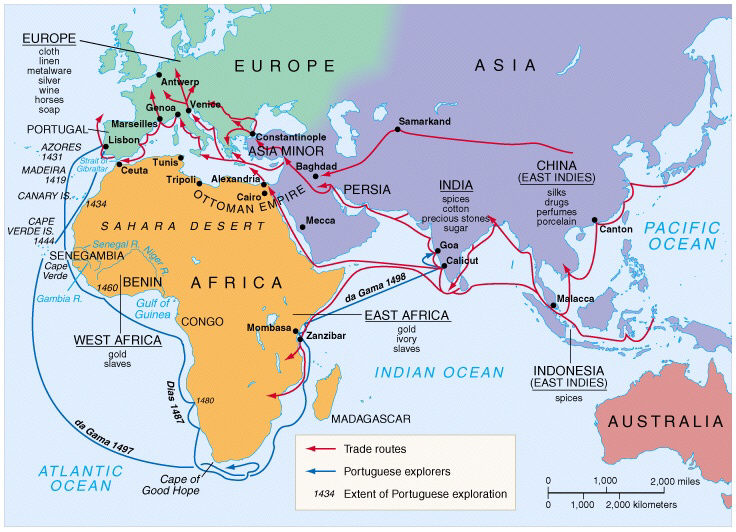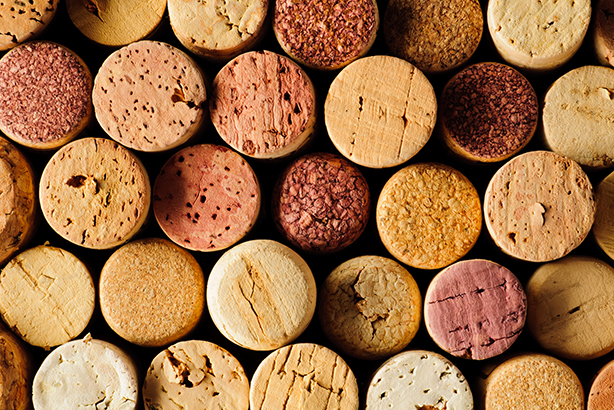For the past few years, I have been really
interested in moving to Portugal. First of all, I have a basic grasp of the
language, so it wouldn’t be as hard to get around. Second of all, there are a
myriad of other reasons like universal health care, a world-famous wine region,
affordable college tuition, and decriminalized drugs. And you can receive
social security retirement payments (including direct deposit) while retiring
to Portugal. Just putting that out there for those interested. But I also read
that it’s hard to get sponsored to work there. Since I’m not a millionaire yet,
this is important for me.
The name Portugal is named after the Latin name for
the city of Portus Cale (modern day Porto), which became Portucale, and
eventually Portugal. You might have seen the terms Lusosphere or Lusophone,
which refer to the areas that are culturally tied to Portugal or the Portuguese
language. The Luso- part of this is
from the name Lusitania, an ancient (and possibly Celtic in origin) region of
Portugal.
Portugal shares the Iberian Peninsula in the
southwest corner of Europe with Spain. Its western coast borders the Atlantic
Ocean. Two island groups are also part of Portugal as well: the Azores (located
in the Atlantic Ocean about 900 mi from mainland Portugal) and the Madeiras
(off the coast of Morocco and north of Spain’s Canary Islands). The Tagus River
cuts across the country horizontally, getting its start just east of Toledo,
Spain and dumping out into the Atlantic Ocean near Lisbon. Portugal has a
Mediterranean climate, although that can vary from south to north.
The earliest people in Portugal were the Celts, and
then other people from elsewhere in Europe began to pour into the Iberian
Peninsula. The Romans tried to control the area, but the Lusitanians fought
them tooth and nail against it; however, they eventually became a province of
the Roman Empire. Germanic tribes began to be moving into the area during the 5th
century. In the year 711, the Umayyad Dynasty moved into the Iberian Peninsula
and turned it into an Islamic state for the next 400 years. Portugal gained its
independence in 1128. Like much of Europe, Portugal was also hit hard from the
Bubonic Plague of 1348-49. From the time of the late 1300s until the early
1600s, Portugal was one of the key players in global exploration. Portuguese
sailors ventured into Africa (Cape Verde, São Tomé and Principe, Guinea-Bissau,
Angola, Mozambique), North America (Canada), South America (Brazil), and Asia
(Oman, Japan, Timor and Indonesia, Australia, Goa in India, Macau in China,
Taiwan), and others. Things got pretty crazy for the ruling class in Portugal,
that they actually up and moved to Brazil and carried on their business from
there. Although they had their own political instability during the 1920s and
1930s, they were one of the few countries that remained neutral during WWII. Starting
in the 1970s, Portugal gave up most of its colonies, giving them their
independence; East Timor finally gained its independence in 2002.
The capital city is Lisbon, famous for having
survived a massive earthquake in 1755 (estimated at 8.5–9.0). It was even
mentioned in Voltaire’s Candide. With
between 2.7–2.8 million people, this alpha-level city is the largest city in
Portugal and Europe’s westernmost capital city. It’s also one of the oldest
cities in Europe. Lisbon is the center for government, commerce, and finance.
It also has plenty to offer in the way of sports, cultural venues, higher
education, transportation, shopping, world-class restaurants, and historical
site that locals and tourists benefit from.
Portugal is part of the Eurozone and uses the euro
as its currency. Their economy is highly developed, and they are a high-income
country. However, if I moved there as an American, I can expect to earn about
57% less money. Their strong industries include footwear, textiles, and cork
(they’re the leading producer of cork), and since the 1990s, Portugal has made
a move to develop more high-tech jobs. They also have a significant number of
agricultural products they farm as well as a strong fishing sector. Portugal is
also a prominent tourist spot, often named as one of the best tourist spots in
Europe.
The majority of Portuguese (about 80%) claim Roman
Catholicism, even though far fewer (about 18%) actually attend Mass on a
regular basis. There are a number of other Christian denominations and Eastern
religions represented in Portugal as well. What’s surprising is that over 14%
list themselves as non-religious or unaffiliated.
Not surprising, Portuguese is the official language
of Portugal. Portuguese is one of the Romance languages and has its roots in
the Galician language, which still has many similarities (Galicia is the
Spanish region just north of Portugal). The Mirandese language is a spoken in a
small group of communities in northeastern Portugal. Counting first- and
second-language learners, there are only 15,000 speakers, and it’s actually
listed as a co-official regional language, but really it’s only used in this
area.
I have long wanted to visit Portugal’s Douro
Valley, which is famous for its wine production, especially for its port wine.
Port wine is made by adding in brandy just before the fermentation process ends
and aged for 2-6 years, resulting in a very sweet and more alcoholic (20%)
wine. I’m a huge fan of wine, but I’m not sure if I’ve ever had port wine.
However, I’m going to go to a larger liquor store this week to see if I can
find some port. Because I have a feeling I might need it this week.
Up next: art and literature








No comments:
Post a Comment